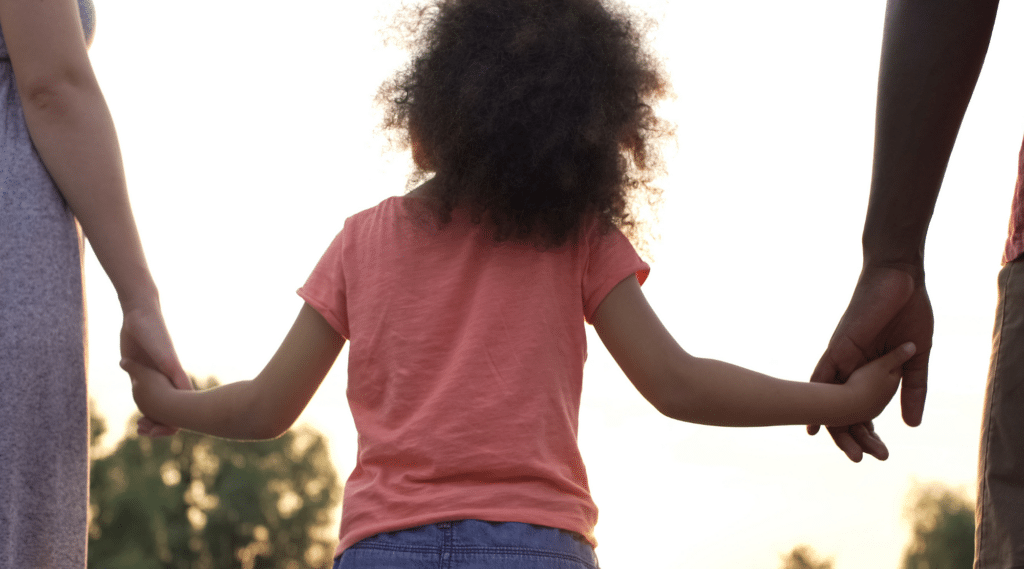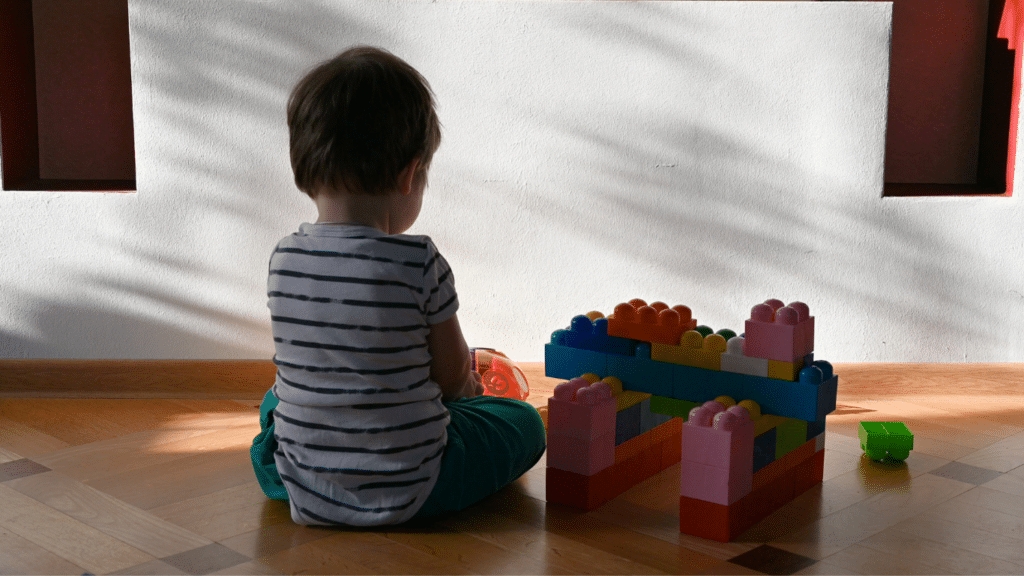Foster and adoptive parents all have key roles in successfully preparing and transitioning children and youth from foster care into adoption. If you are a foster parent or a prospective adoptive parent, this two-part video series is for you!

Learn about the critical roles of both foster and adoptive parents throughout the transition process from the moment the child is registered for adoption to the final adoption decree in British Columbia.
The first part of this video series delves into the roles of various social workers, and the foster and adoptive parents during the adoption process.
In part two, we share practical strategies and tools for foster parents and adoptive parents to engage in a partnership to support the adoptee to settle more positively into their new family.
| Please note: This video was recorded several years ago with our former branding (the Belonging Network used to be the Adoptive Families Association of BC). |





